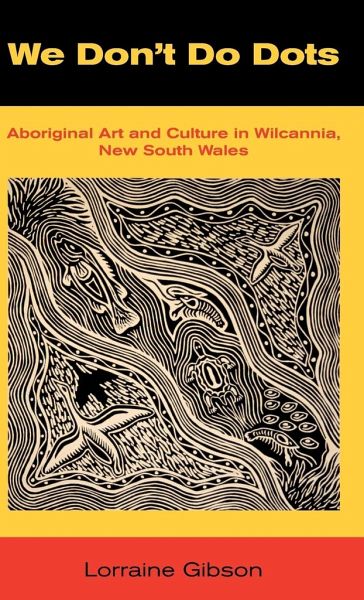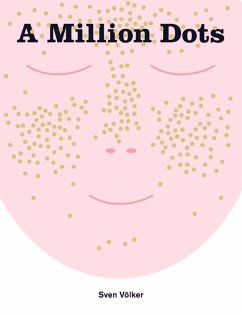
We Don't Do Dots
Aboriginal Art and Culture in Wilcannia, New South Wales
Versandkostenfrei!
Versandfertig in 1-2 Wochen
135,99 €
inkl. MwSt.

PAYBACK Punkte
68 °P sammeln!
What does it mean when whites say that certain Australian Aboriginal people have 'no culture' but accept that they have art? Why are notions and images of Aboriginal art and culture still dominated by those from the centre and north of the Australian continent, even though most Aborigines reside in the south-east? This book explores these questions, why they matter, and to whom they matter. It draws on extensive fieldwork with Barkindji Aboriginal people in the small country town of Wilcannia, New South Wales. The richly textured ethnographic analysis examines how notions of Aboriginal art and...
What does it mean when whites say that certain Australian Aboriginal people have 'no culture' but accept that they have art? Why are notions and images of Aboriginal art and culture still dominated by those from the centre and north of the Australian continent, even though most Aborigines reside in the south-east? This book explores these questions, why they matter, and to whom they matter. It draws on extensive fieldwork with Barkindji Aboriginal people in the small country town of Wilcannia, New South Wales. The richly textured ethnographic analysis examines how notions of Aboriginal art and Aboriginal culture are wielded as weapons of power in everyday racism in Australia. In so doing, it demonstrates how Aboriginal people deploy ideas of art, artists and culture to assert individual and group identity, and to subvert dominant culture ideas and ideals which operate as tools of oppression, distancing and harm. 'At the heart of Gibson's fascinating study is a conundrum: Wilcannia Aboriginal art is flourishing although Aboriginal culture is said to be non-existent. She has produced an engaging and challenging account of social life as well as a serious analysis of deeply fraught relationships among the townspeople. The numerous photographs and paintings make this a rich and exciting publication.' Gillian Cowlishaw, The University of Sydney












